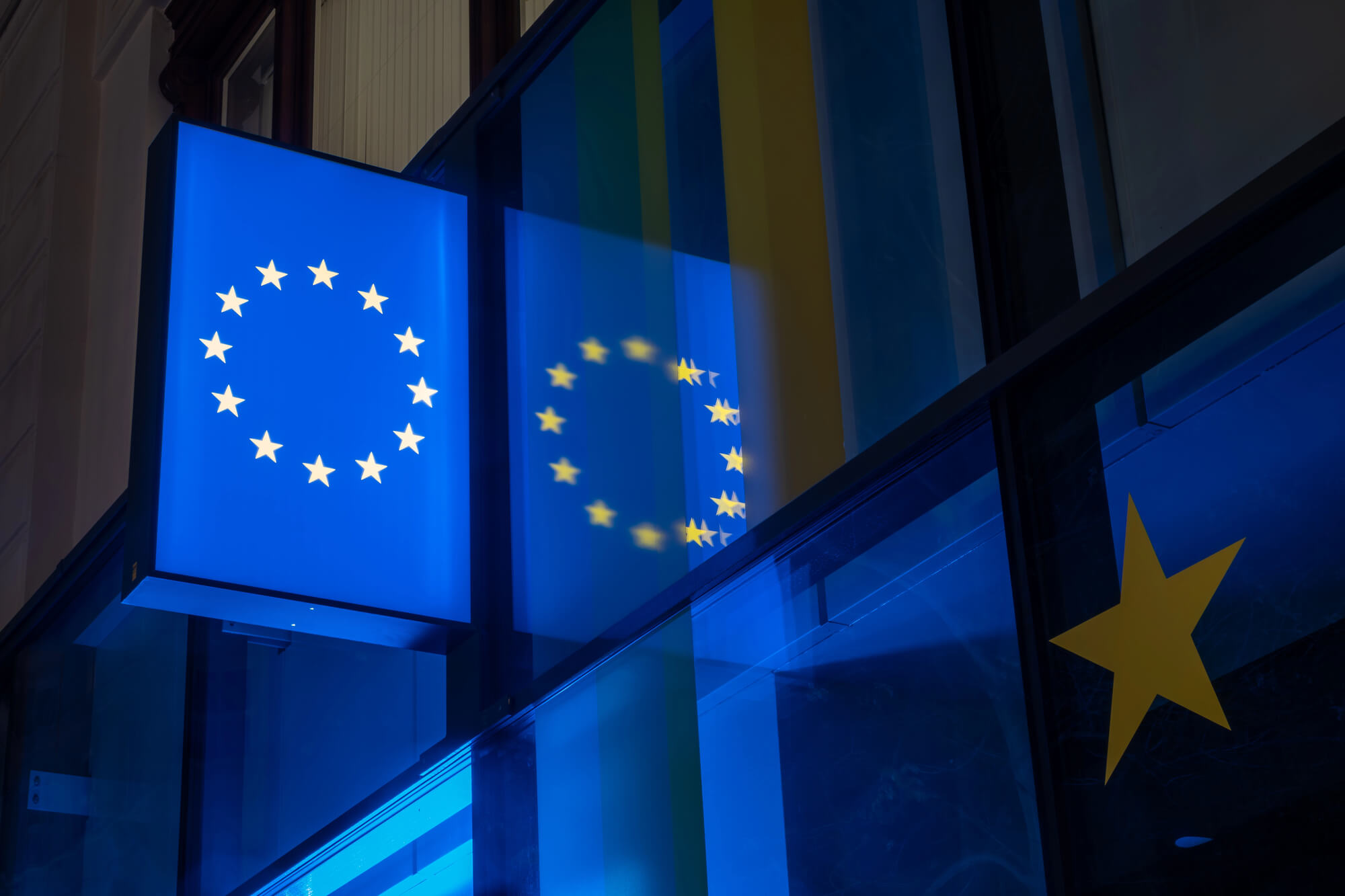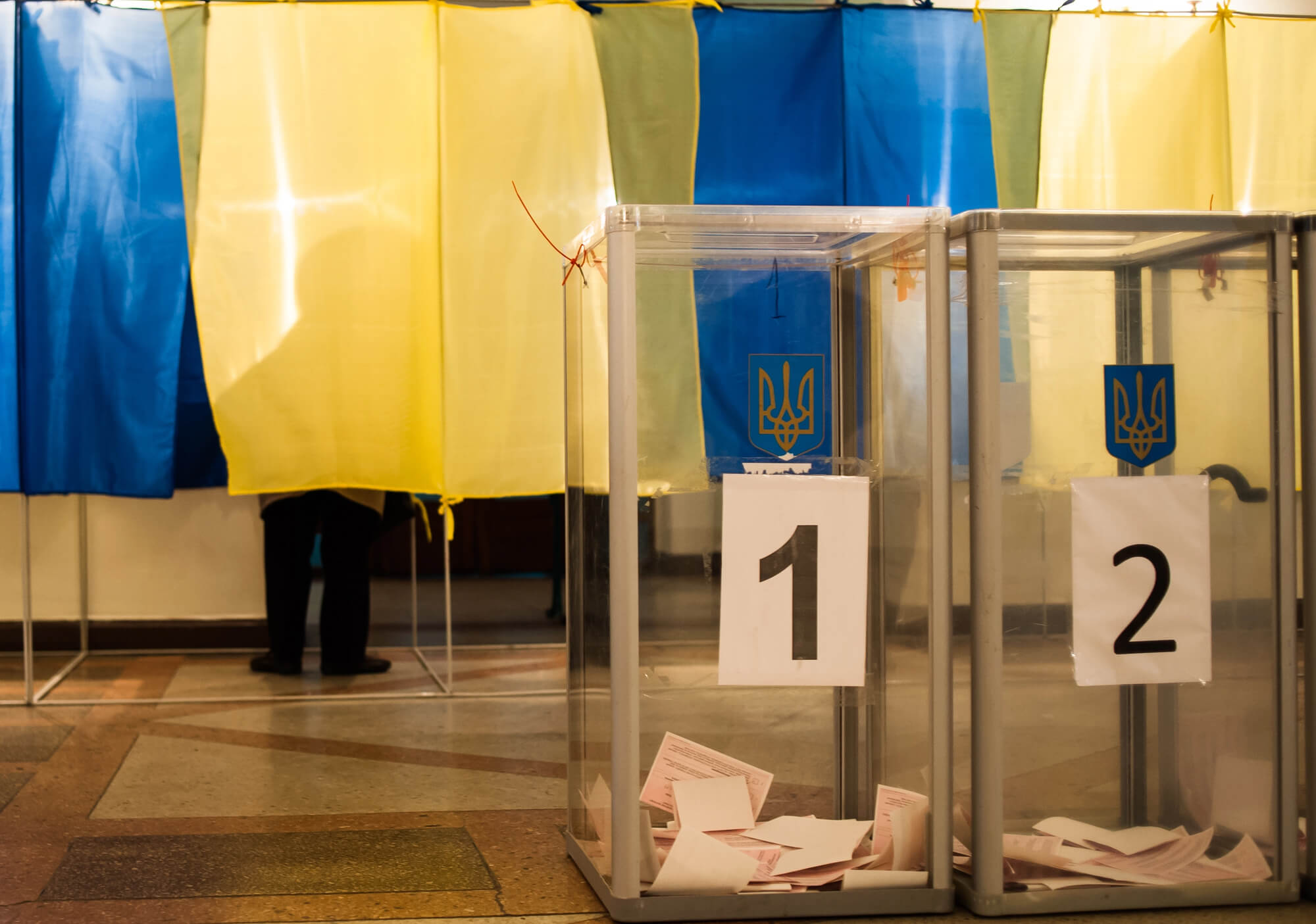The year 2024 broke records for elections worldwide — nearly 4 billion people had the chance to shape history. But instead of a win for democracy, the world saw its lowest democracy index in 20 years. So what’s going wrong with global democracy — and why do even voters increasingly feel powerless?
The Democracy Index is a global ranking developed by the Economist Intelligence Unit since 2006. It evaluates the state of democracy in 167 countries on a scale from 0 to 10. The score is based on 60 indicators, grouped into five key categories: electoral process and pluralism, the functioning of government, political participation, political culture, and civil liberties. Based on the results, countries are placed into one of four categories: full democracies, flawed democracies, hybrid regimes, or authoritarian regimes. The index does not just measure whether elections or institutions exist—it looks at how they actually function: Do citizens have real influence over those in power? Is there freedom of speech? Do independent media operate freely?
Full democracies (score >8): Political and civil rights are respected, the government functions effectively, the media are independent, and checks and balances are in place.
Flawed democracies (score 6–7.99): Elections are free, and rights are generally upheld, but there are issues with governance, political culture, or low public engagement.
Hybrid regimes (score 4–5.99): Elections are marred by violations, corruption is widespread, the rule of law is weak, and the media and civil society face restrictions.
Authoritarian regimes (score <4): Elections are either absent or fictitious, opposition and media are persecuted, the judiciary lacks independence, and citizens’ rights are routinely violated.
Figure 1. Distribution of countries by Democracy Index in 2024
The results published in 2025 sounded the alarm: the global Democracy Index dropped to 5.17 in 2024, down from 5.23 in 2023. That year, only 25 countries — home to just 6.6% of the world’s population — were qualified as full democracies. For comparison, in 2015, that share was 8.9%. Today, authoritarian regimes govern nearly 40% of the global population, while the rest live under hybrid or flawed democracies, where many democratic institutions do not function as they should in practice.
Figure 2. Democracy Index trends, 2006–2025
In 2024, the Democracy Index declined across all regions except Oceania and Europe. Only 37 countries improved their scores over the past year, while 83 saw a decline, and 47 remained unchanged.
Scandinavian countries — Norway, Sweden, and Iceland — continue to top the rankings. New Zealand and Switzerland join them among the global leaders. The biggest democratic gains in 2024 were seen in Libya, Senegal, Portugal, Latvia, and Lithuania, while the sharpest slides toward authoritarianism occurred in Bangladesh, Tunisia, Kuwait, Georgia, and Qatar.
The year also witnessed an unprecedented global election marathon: 74 countries held national elections, and all 27 EU member states voted for a new European Parliament. Nearly half the world’s population — around 4 billion people — went to the polls in 2024, making it the most election-packed year in history.
Figure 3. Where were elections held in 2024?
* General elections is a broad term commonly used to describe a country’s main nationwide vote to choose its national leadership. This typically includes the most important elections in the state — whether for the presidency (in presidential systems), parliament (in parliamentary systems), or both (in mixed systems), depending on the form of government and the electoral system.
The average global voter turnout in the 2024 elections was 61%. The highest voter turnout was recorded in Rwanda — 98.2%. The lowest was in Tunisia, where only 28.8% of citizens voted.
Figure 4. Distribution of countries by voter turnout and Democracy Index
However, quantity did not translate into quality. In many countries, elections were neither truly free nor competitive. In places like Russia, Tunisia, and El Salvador, voting was marred by repression, arrests, and crackdowns on the opposition. As a result, trust in democracy is declining. According to a global survey by the Pew Research Center, conducted in spring 2024 across 31 democratic countries, 55% of respondents said they were dissatisfied with the state of democracy in their own country. In most of these countries, voters feel that their voices do not really matter and that elected officials ignore public opinion.
Figure 5. Distribution of countries by level of satisfaction with democracy and Democracy Index
In Ukraine, the Democracy Index has been slowly but steadily declining over the past two decades. Between 2006 and 2010, the country was classified among the flawed democracies, with a relatively high score of 6.94. However, since 2011, Ukraine has consistently been categorized as a hybrid regime. Between 2015 and 2019, the index saw a slight improvement—from 5.7 to 5.9—but has been steadily falling ever since. By 2024, Ukraine’s overall score had dropped to an all-time low of 4.9, placing it 92nd out of 167 countries worldwide.
Figure 6. Ukraine’s Democracy Index scores
Changes in the index reflect the country’s overall political trajectory. One of the most telling indicators — “electoral process and pluralism” — was exceptionally high between 2006 and 2008 (at 9.58), pointing to competitive elections and an open political process. However, this score began to decline, dropping to 5.83 by 2014 and further to 5.17 in 2024. An even steeper decline is seen in the “functioning of government” category: starting at a modest 5.71 in 2006, it plunged to a critical 2.36 by 2021. This points to deep issues with power centralization and trust in government. Against this backdrop, “political participation” stands out as one of the few indicators that has improved, reflecting high levels of civic mobilization and growing involvement in volunteer efforts, community life, and political processes. The “political culture” score has fluctuated but overall remained in the mid-range — from 4.38 in 2010–2013 to a peak of 6.25 in 2017–2018. Meanwhile, the “civil liberties” score has nearly halved. During wartime, such a drop is understandable: the government has increased control over information, which has affected freedom of speech. Still, even in the face of war, Ukraine has preserved its democratic institutions—and that, in itself, is a win.
Despite global challenges, democracy continues to demonstrate its capacity for resilience: in 37 countries, the Democracy Index has risen, offering grounds for cautious optimism. At the same time, a hybrid war is underway — a sustained confrontation between autocracies and democracies. This war is being waged not only on physical battlefields but also through disinformation, institutional erosion, and efforts to undermine trust in electoral processes. In this context, democratic nations must unite their efforts, including through continued support for Ukraine, which has become a frontline stronghold in the fight for freedom.
Photo: depositphotos.com/ua
Attention
The author doesn`t work for, consult to, own shares in or receive funding from any company or organization that would benefit from this article, and have no relevant affiliations



